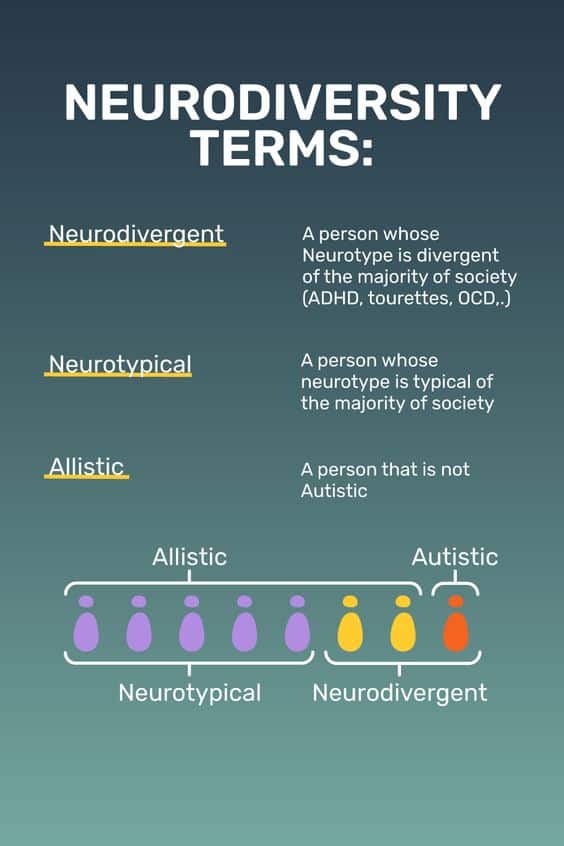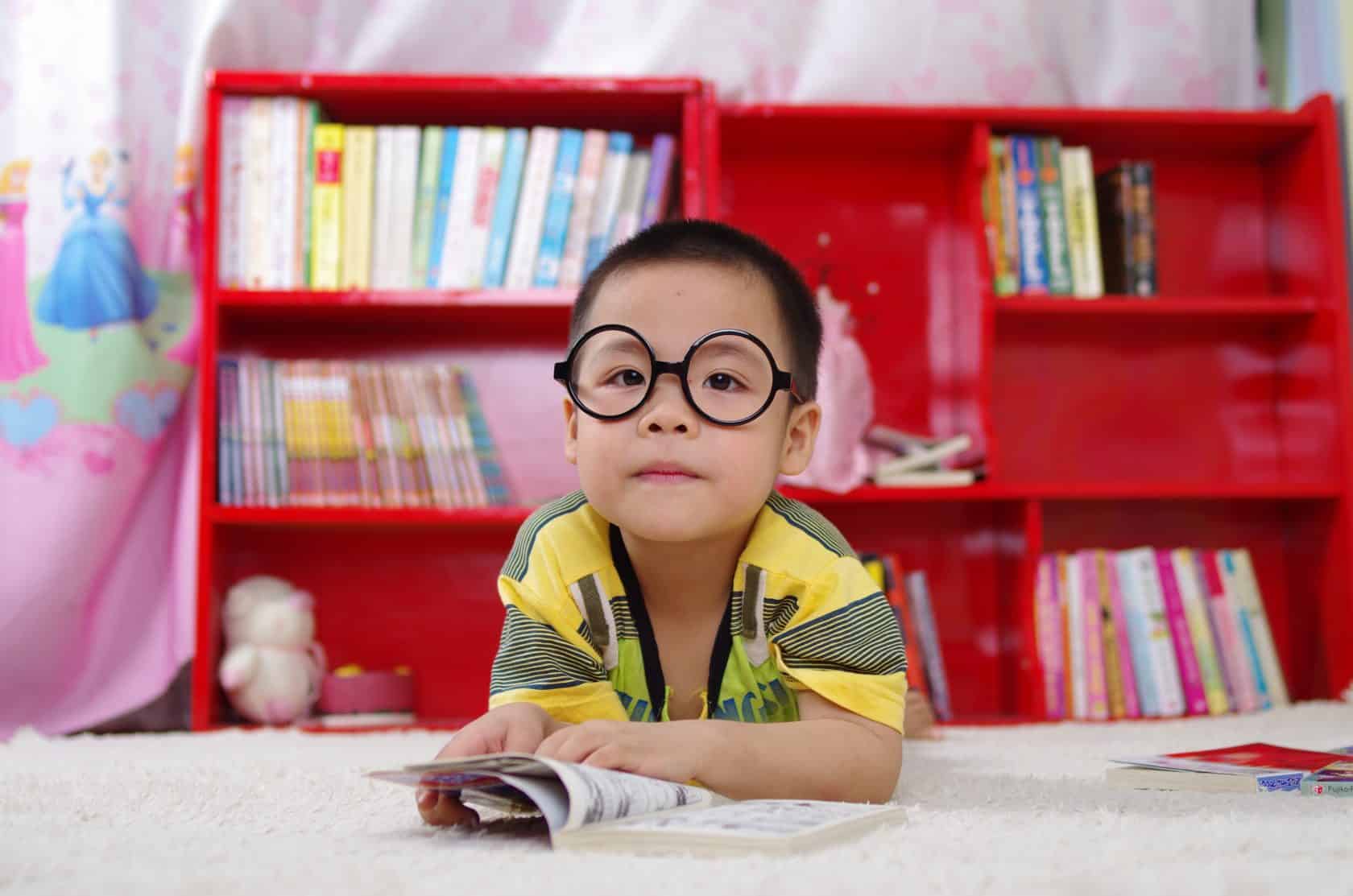Gifted education is implemented in various ways to support the unique needs of exceptional learners:
- Differentiated instruction: Teachers modify the content, process, and product of learning to match students’ abilities and interests.
- Acceleration: Students move through the curriculum at a faster pace or skip grades in their areas of strength.
- Enrichment: Supplementary materials and activities are provided to deepen understanding and extend learning beyond the regular curriculum.
- Ability grouping: Students are grouped with peers of similar abilities for specific subjects or activities to facilitate more advanced learning.
| Approach |
Description |
| Pull-out programs |
Students attend separate classes for a portion of the day to receive advanced instruction. |
| Special schools |
Dedicated schools or programs serve gifted students full-time. |
By tailoring education to the needs of gifted learners, including those with special needs, educators can help these children reach their full potential and thrive both academically and personally.
This post was originally published on Sept. 4, 2023. It was updated on May 24, 2024.











